Core Value #5Rabbinic tradition is rich and vibrant
The richness of the rabbinic tradition is a valuable part of our heritage as Jewish people.
Although weaned and wooed to believe that our New Covenant faith was based on the Bible and nothing but the Bible, "the only rule of faith and practice," we gradually discovered that living out our faith inevitably had a cultural component. The Bible cannot be understood apart from a community context which helps one understand its deepest meanings. In this way, obedience might become incarnate in daily life. We realized that having our views shaped entirely by a non-Jewish context was leaving a foreign imprint on our hearts, minds and lives. We wondered if this was the best we could expect.
Many of us had been brought up ignorant of, or even hostile to, the varied voices of Jewish tradition. Some had parents who paid lip-service to the God of our fathers, while in reality served the lesser Gods of assimilation, success, and the unquestioned ideals of a good marriage, a home of their own in a good neighborhood, a comfortable retirement, and a better lifestyle for their children. Although these ideals were not unworthy in themselves, they become a form of idolatry when they get treated as the ultimate good. This form of idolatry can never, in the end, satisfy a people formed by HaShem to show forth His praise. But, we had been taught by omission not to look to Jewish tradition to learn how to live “the good life” in the modern world.
Certainly, our evangelical contexts taught us to distrust the opinions of "the rabbis" whose views on life and faith were perceived as a deceptive and legalistic counterfeit of the more abundant life to be found in Yeshua. After all, we had the Holy Spirit! What could we possibly learn from the rabbis except dead religion? "The letter kills but the Spirit gives life." Eventually, we recognized the superficiality of our judgments. We began to reckon with the fact that the proclaimed polarity between Torah and Spirit distorts the testimony of Scripture. We came to appreciate that New Covenant benefits include the Holy Spirit writing the Torah on our hearts, therefore causing us to walk in the statutes and ordinances of God. We began to appreciate the unity of Torah and Spirit.
We also began to appreciate how our own spiritual lives stood to benefit from the fruit of thousands of years of Jewish struggle for understanding. Like Paul, we began to bear witness to the undying flame of Jewish zeal for God. We began to lean upon these structural pillars which stabilize Jewish religious life, understanding that they could help strengthen us and the Messianic Jewish community as well.
And what are these three pillars? The first is Torah, instruction for the good life based on the study of the sacred texts. This practice is helping us become more deliberate and informed in discerning the shape of obedience as we encounter life in all its complexity and particularity. Here, too, we learn afresh of the saving acts of God, of His promises, and see a reflection of His face.
The second pillar is avodah, the practice of liturgical prayer, which continues to surprise and delight us in its power to enrich our lives. In daily davvening we take our place with our people in the promises and purposes of God, reminded again and again of His irrevocable promises to the Patriarchs. We sing His praises with them at the shore of the Red Sea, celebrating our deliverance, sobered by the righteous judgment which overtook our foes, of whom not one was left. We hear again and again, as if for the first time, His promise to gather our people from the four corners of the earth, for not one letter of His word will go unfulfilled. Is He not the Blessed One, who says and performs, who decrees and fulfills? We rediscovered daily the faith-transforming power of the Passages of Praise, the time-honored wisdom of the prayer agenda mapped out in the Amidah, and the stability and challenge encountered as we join our people at the foot of Sinai, listening again to the living word of the one who never stops saying to us, "Shema Yisrael." And we leave His presence reoriented and renewed, having again pledged allegiance to Him in the stirring words of the Alenu.
The pillar of gemilut hasadim, deeds of lovingkindness, supports and informs us as we learn to understand the meaning of "true religion," which one New Covenant writer defined as "visiting orphans and widows in their affliction and keeping oneself unspotted by the world." His is a vision totally consonant with this third pillar. The splendid and rich tradition of Jewish ethical writings and discussion of the fine print behind "doing justly, loving mercy and walking humbly with your God" never ceases to chasten us, providing teaching, rebuke, correction, and training in righteousness, that we might be fully equipped for every good work.
In all these ways and more, we have become informed and transformed by our own heritage. We rejoice at the privilege of drinking from our own wells, the wells from which our fathers, and from which Yeshua and the Apostles also drank and were sustained. Besides these wells we meet with Yeshua today, and here He speaks with us anew.
